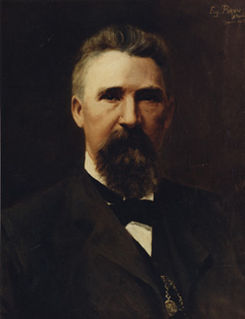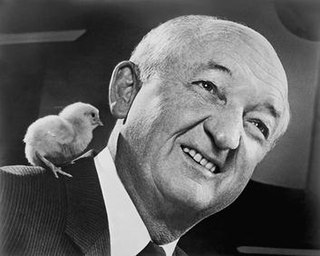A Quote by W. Edwards Deming
Competition should not be for a share of the market-but to expand the market.
Quote Topics
Related Quotes
It should be said that we are presently, and I believe unfairly, constrained from directly promoting cigarettes to the youth market...Realistically, if our Company is to survive and prosper, over the long term, we must get our share of the youth market. In my opinion, this will require new brands tailored to the youth market.
I am the largest market shareholder of clothing in the U.K. and I am not a destination shop for food. If the clothing market is affected - and it has been - and I hold my market share mathematically, then fine, I am doing no worse than the market is doing, which is exactly the case, but I'm losing revenue.
I am the largest market shareholder of clothing in the UK and I am not a destination shop for food. If the clothing market is affected - and it has been - and I hold my market share mathematically, then fine, I am doing no worse than the market is doing, which is exactly the case, but I'm losing revenue.
And maybe the cereal makers by and large have learned to be less crazy about fighting for market share-because if you get even one person who's hell-bent on gaining market share.... For example, if I were Kellogg and I decided that I had to have 60% of the market, I think I could take most of the profit out of cereals. I'd ruin Kellogg in the process. But I think I could do it.
The mistake managers often make is defining their industry too narrowly. Digital's market share in the minicomputer market stayed very robust even as it fell off the cliff. Disruption seems to come out of nowhere, but if you know what to look for, you can spot important developments well before the market does.




































